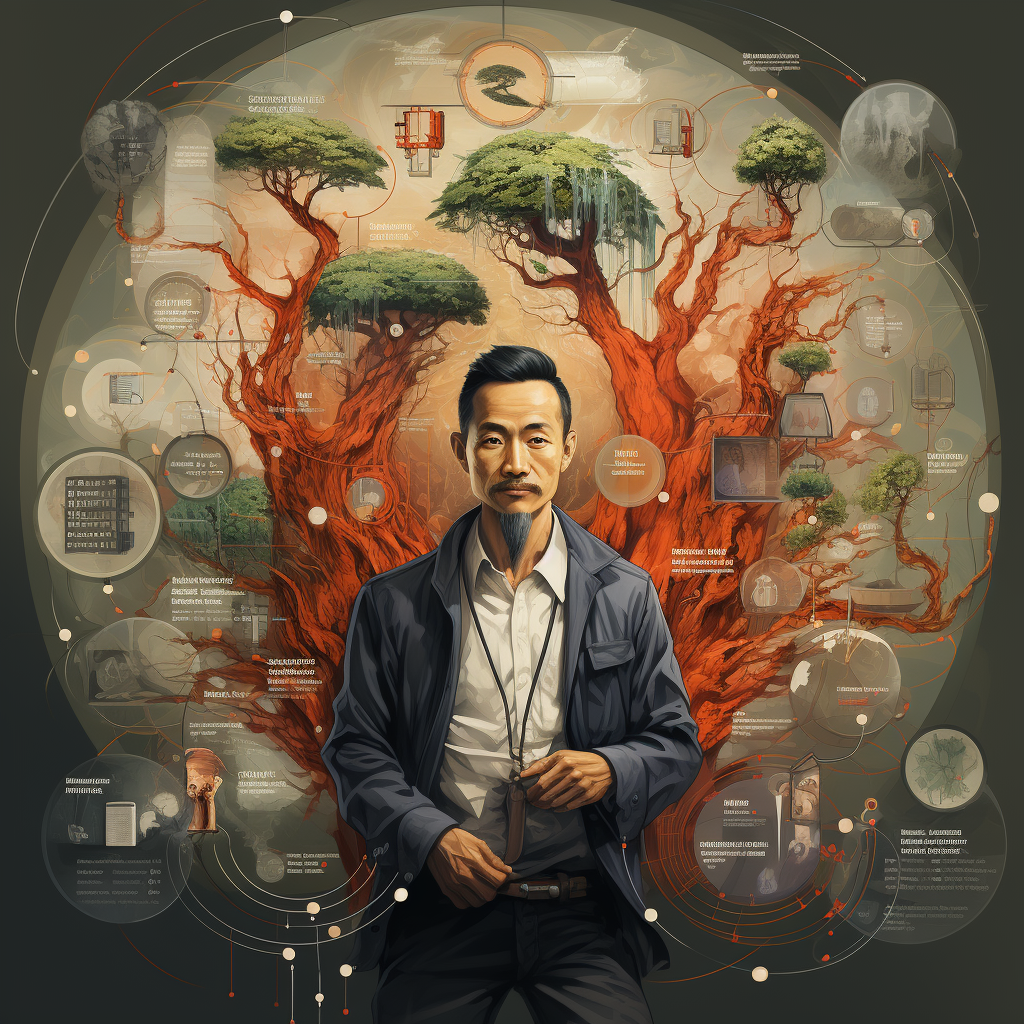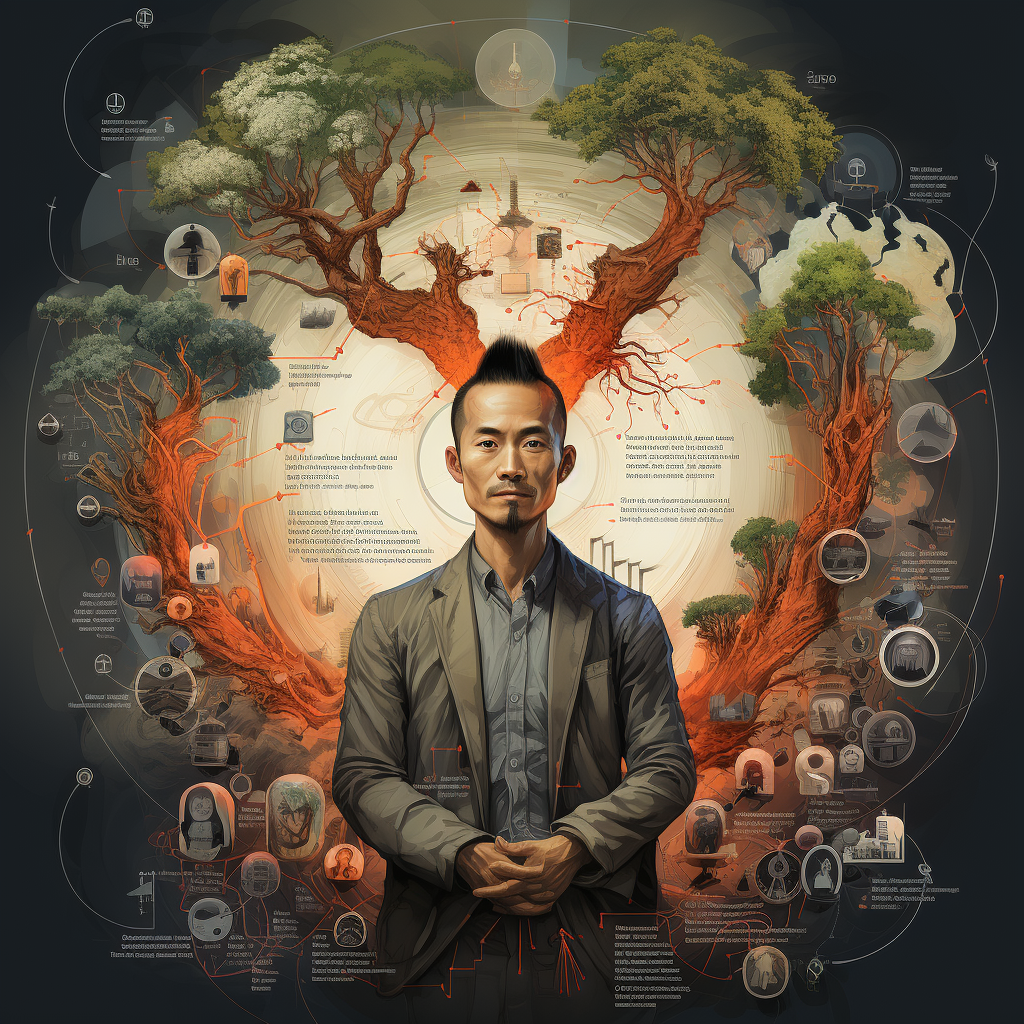1. Definition and Context
Staying Current in the context of talent acquisition means continually updating the talent pool to reflect the latest industry trends, technological advances, and skill sets that are in demand. It involves proactive efforts to ensure that potential candidates’ profiles align with the present and future needs of the company.
2. Illustrative Scenario
Imagine ABC Tech, a leading software firm. Five years ago, they heavily recruited Java developers. But with the rise of AI and machine learning, their current projects demand expertise in Python. If ABC Tech only relies on their old talent pool, they would be ill-equipped to meet their evolving needs.
3. Crucial Statistics
- The World Economic Forum suggests that 65% of children entering primary school today will ultimately work in completely new job types that don’t currently exist1.
- According to a Gartner report, about 70% of the skills and knowledge acquired by an employee become obsolete within five years2.
4. Why Staying Current Matters
- Competitive Advantage: Companies with an updated talent pool can quickly hire for emerging roles, giving them an edge in the marketplace.
- Efficiency: It reduces the time-to-hire by having potential candidates with the required skills readily available.
- Diverse Talent: Regularly updating the talent pool ensures a mix of fresh perspectives, ideas, and skills.
5. Challenges in Keeping the Talent Pool Current
- Rapid Technological Advances: With technologies evolving at a breakneck speed, staying ahead becomes challenging.
- Changing Industry Dynamics: Mergers, acquisitions, and industry shifts can rapidly alter the kind of talent required.
- Diverse Skill Sets: It can be difficult to predict which skills will become crucial in the near future.
6. Strategies to Stay Current
- Continuous Learning: Encourage existing talent to upskill and reskill.
- Regularly Update Job Descriptions: As roles evolve, ensure that job descriptions reflect the latest requirements.
- Engage with Educational Institutions: Partnering with universities can offer insights into emerging skills and trends.
- Industry Networking: Stay connected with industry peers to gain insights into emerging trends and required skill sets.
7. MiaHire USA’s Role in Staying Current
MiaHire USA is not just a platform for interviews; it’s a tool for proactive talent engagement. Here’s how:
- Skill-based Evaluation: MiaHire USA’s platform is designed to assess candidates based on current industry skills, ensuring that the talent pool remains relevant.
- Continuous Feedback: The platform’s transparent feedback mechanism ensures candidates are aware of the areas they need to work on, promoting continuous learning.
- Efficiency and Speed: MiaHire’s streamlined process ensures rapid candidate evaluations, which is crucial in industries where skill demands change rapidly.
- Global Reach: MiaHire USA’s virtual platform can engage candidates worldwide, ensuring a diverse and updated talent pool.
8. Conclusion
In the dynamic world of business, staying static is not an option. The need to continually refresh and update the talent pool has never been more crucial. Companies need to anticipate the skills and experiences they’ll need in the future and take proactive steps to align their talent pool accordingly. With tools like MiaHire USA, companies are better positioned to face the challenges of an evolving industry landscape and ensure they have the right talent at the right time.
References:
Footnotes
- World Economic Forum. “The Future of Jobs Report.” https://www.weforum.org/ ↩
- Gartner. “Future of Work Trends Post-COVID-19.” https://www.gartner.com/ ↩
















